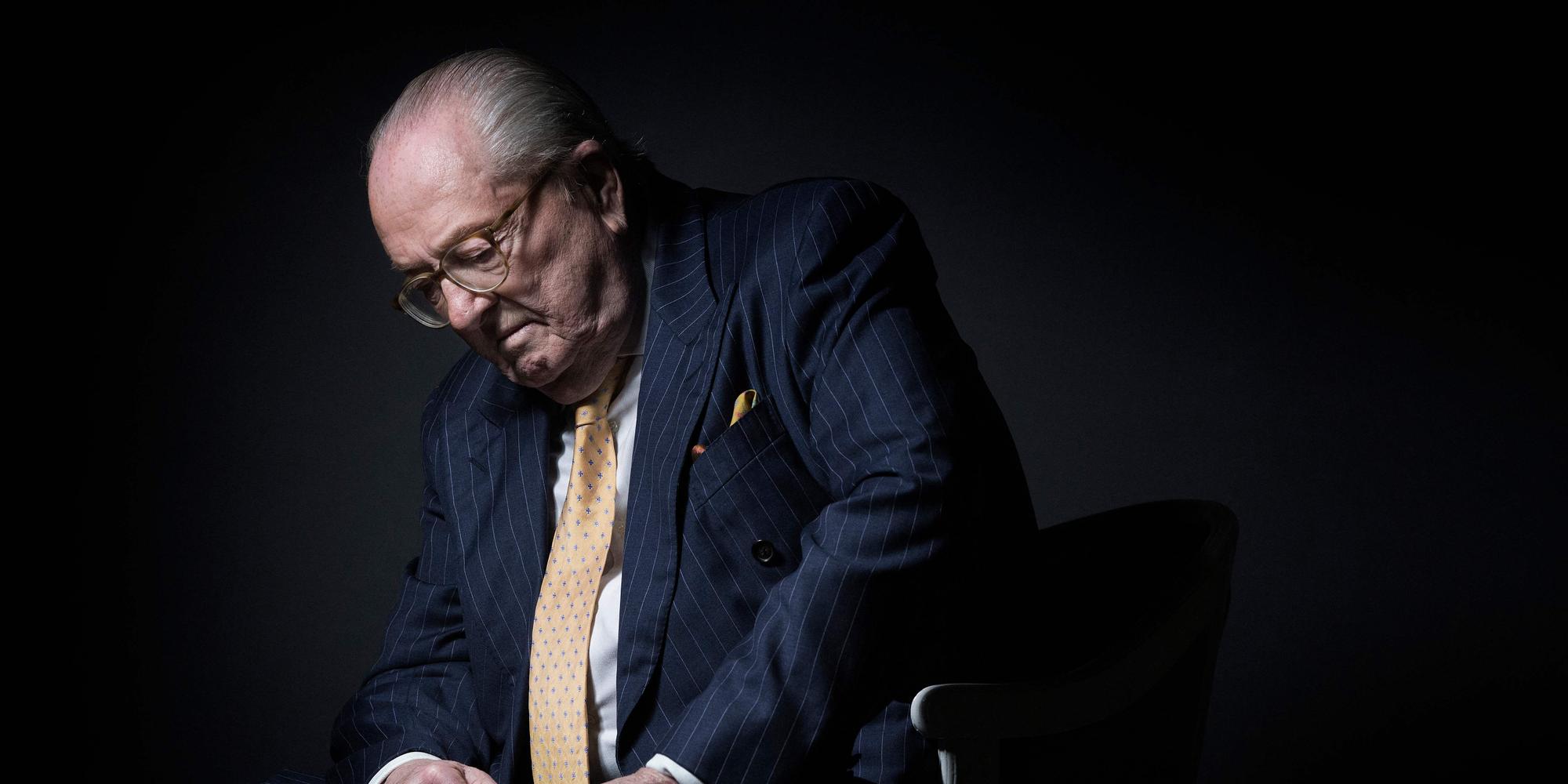
The Death of Jean-Marie Le Pen: A Controversial Legacy That Divides France
The death of Jean-Marie Le Pen, the co-founder of France's far-right party, the National Front (now National Rally), on January 7th, at the age of 96, has sparked polarized reactions across the political spectrum. To his supporters, Le Pen was a staunch patriot who bravely fought for his vision of France, while for his detractors, he remains a figure marred by racism, antisemitism, and far-right extremism.
For the National Rally, his passing marks the end of an era. Marion Maréchal, Le Pen’s granddaughter and a prominent figure in the party, took to social media to honor him, calling him an “immense patriot” and acknowledging his role in inspiring generations of followers. She praised his ability to restore pride to millions of French citizens, crediting him with shaping the ideological direction of the party. Despite the controversies surrounding his views, Maréchal stressed that his influence remains undeniable.
However, the left-wing political factions, which Le Pen opposed throughout his career, have not softened their stance. Jean-Marie Le Pen’s legacy is seen as one of division and hate. The president of the French Jewish Representative Council (CRIF), Yonathan Arfi, condemned Le Pen’s actions, calling him the first politician to give a political backing to antisemitism, racism, and Holocaust denial in post-war France. Arfi also warned that the fight against the dangerous ideas Le Pen propagated would not end with his death.
Also Read:- Samsung Galaxy S25 Ultra: A Game-Changer in Mobile Technology
- Trump Reignites Push to Buy Greenland: What’s Behind His Interest in the Arctic Island?
Various political figures from the left have been quick to denounce the eulogies that have emerged in the wake of his passing. Manon Aubry, leader of the left-wing La France Insoumise party, criticized the overly respectful tone set by French Prime Minister François Bayrou, pointing out that Le Pen was a “racist, an antisemite, a colonialist, and a supporter of the Vichy regime.” She emphasized that his views were not mere “controversies” but rather crimes punishable by law.
Other prominent figures, like François Ruffin, also voiced their disdain for Le Pen’s legacy. Ruffin described him as “a fascist from another era,” but one who left behind “current heirs” – a reference to the ongoing influence of his ideologies within the National Rally and among contemporary far-right movements.
Jean-Marie Le Pen was no stranger to controversy throughout his career. His political journey, marked by multiple legal convictions for incitement to hatred and denial of historical atrocities, exemplified his inflammatory rhetoric. Perhaps most infamous was his remark about the Holocaust, where he referred to the gas chambers as a “detail of history,” a statement that drew widespread condemnation and resulted in further isolation for both him and his party.
Despite his often controversial views, Le Pen was a master at rallying a segment of the French population that felt left behind by mainstream politics. He championed the fight against immigration, European integration, and what he saw as the decline of French national identity. His ability to tap into the frustrations of working-class and nationalist voters transformed the far-right into a significant political force in France, even though his more extreme positions limited his broader appeal.
In his final years, Le Pen’s relationship with his own family was strained, particularly with his daughter Marine Le Pen, who took over the leadership of the National Rally in 2011. The split between father and daughter, especially over his controversial statements, was symbolic of the tension between the old guard and the new generation of far-right politics.
As Jean-Marie Le Pen passes, his impact on France’s political landscape remains a subject of intense debate. To some, he was a warrior for a vision of France that resonates with certain parts of the population. To others, he was a symbol of division, racism, and hate. Whatever the view, his legacy will undoubtedly continue to shape the ongoing debates about identity, nationalism, and the future of the French political right.
Read More:

0 Comments